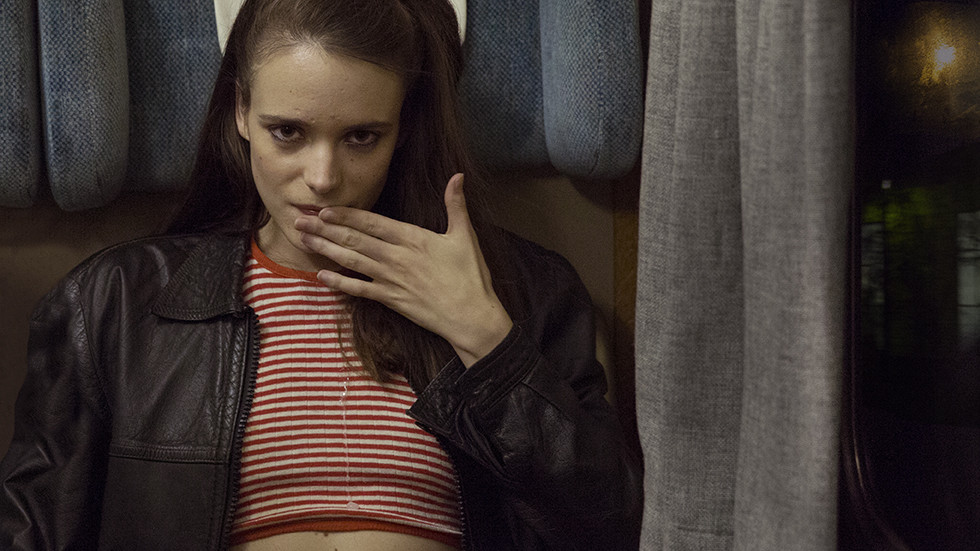The Book Thief is thoroughly conventional. At times it is cliché and cringey, but other times it's a wonderful and emotional journey through the eyes of a little girl during the worst period of humanity. It's conventional, but it's also worth your time.

The Book Thief is about a young girl whose brother dies and her mother abandons her - all at the age of 11. She's adopted by an older couple in Nazi Germany. Her foster father teaches her how to read which lights a fire inside of her to read and read and read. Since this is Nazi Germany, books are very hard to find. The only way she can get more books is to "borrow" them. All the while, her family agrees to hide a young Jewish man in their basement which puts the young girl's family at great risk. But, the young girl and the young man become very good friends, helping each other through hard times.
WW2 films viewed from a young perspective are always interesting because of the innocence and humanity shown by the infants. Much like The Boy in the Striped Pyjamas, Liesel and her friend, Rudy, just can't fathom why all of this pain and suffering is going on in the world. Rudy dresses up like Jesse Owens and pretends to be him and ultimately, is punished for it. Of course, he can't see what he's doing wrong. I think this aspect of the film was handled really well.
To be honest, the entirety was handled well, which is a problem for me. World War 2 was the worst period of time throughout all of humanity and this film doesn't give that impression. I never felt like the children were in that much trouble or that there was much threat. It's understandble why they have gone down this route. After all, this film is aimed at a younger audience. I do accept that it's a good way for children to engage with World War 2, I just wish it was grittier and darker because that's what the subject matter deserves. It's just a bit too glossy for my liking.

An aspect that is it very strong in though is it's performances. Geoffrey Rush in particular is fantastic. He is so loveable. Every little nuance is done to perfection and his chemistry with Sophie Nélisse's Liesel, who also puts in a great performance, is wonderful. It gives the film heart. Everything goes through Liesel and she keeps up her performance throughout the entire film. Something has to be said of Emily Watson's role too. Every time I see Watson on screen she continues to amaze me. She brings so much to the screen and it's a joy to watch.

Also, it wouldn't be a war film without a John Williams score. I don't know how he continues to do it. He is into his eighties now and he provides the brightest spark to the film. Orchestrations are once again superb, the music finely crafted with that Williams-esque brand of class we have come to expect from his work. For the most part this score is quite small in scope and the chamber sized orchestra consists mainly of the strings, woodwinds and a small brass section. His score pulls at the heartstrings and it certainly packs a punch.
This is an odd film. I thoroughly enjoyed it, but I came out a tad unsatisfied - yet I cried and I laughed in all of the right places. It's a good story heightened by its excellent performances and score. For what it was going for, I think it was good. It was child friendly and a good way of introducing children into a horrific period of time. I was just left thinking, what if Spielberg directed it? What if Polanski directed it? And what if del Toro directed it rather than a guy who has made his name on Downton Abbey? It could have been regarded a lot higher.
A conventional film, but it's heart is in the right place.




